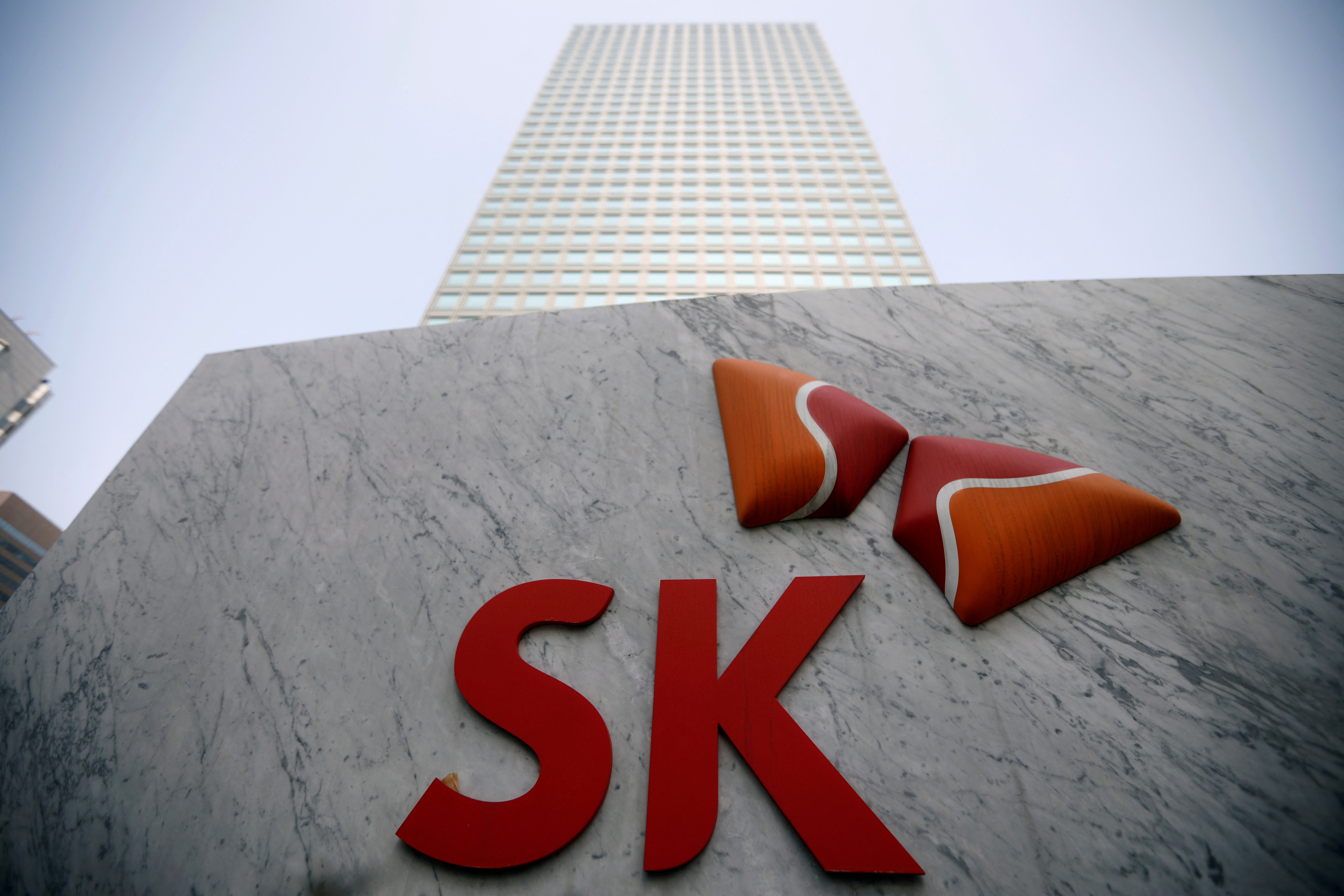/cloudfront-us-east-2.images.arcpublishing.com/reuters/CGQIHVYWWRKJDLTBIBZSZNJ3CM.jpg)
[1/4]Chinese-made Tesla Model 3 vehicles appear during a handover ceremony at its factory in Shanghai, China, January 7, 2020. Photograph: Ali Song/Reuters. Obtaining licensing rights
SAN FRANCISCO (Reuters) – Tesla (TSLA.O) on Wednesday joined General Motors (GM.N) and Ford (FN) in being cautious about expanding electric vehicle (EV) production capacity, citing economic uncertainty and highlighting concerns about… Slowdown in demand.
Tesla CEO Elon Musk said he was concerned that high borrowing costs would prevent potential customers from buying its cars despite deep price cuts, and that he would wait for clarity on the economy before ramping up his planned factory in Mexico.
“People are hesitant to buy a new car if there is uncertainty in the economy,” Musk said on a post-earnings call where he also talked about the “paycheck to paycheck” pressures on American workers. “I don’t want to go full speed into uncertainty.”
Musk’s comments came after warning bells from other automakers and electric vehicle startups. That sent Tesla shares down 8% on Thursday along with shares of other electric vehicle makers.
General Motors said Tuesday it will delay production of Chevrolet Silverado and GMC Sierra electric trucks by a year at a plant in Michigan, citing declining demand for electric vehicles.
Detroit-based Ford said last week it would temporarily cut one of three shifts at the plant that makes its F-150 Lightning electric pickup truck. The automaker in July slowed the increase in its production of electric cars, shifting investment to commercial vehicles and hybrids.
Shares of electric vehicle startups Lucid (LCID.O) and Rivian (RIVN.O) also fell on Thursday, losing more than 3% each.
Lucid on Tuesday reported a nearly 30% drop in third-quarter production and only a marginal increase in deliveries despite deep discounts, raising concerns about demand for its Air luxury sedan.
Rivian, which makes electric pickup trucks and sport utility vehicles, also disappointed investors this month when it shied away from raising its full-year production forecast despite stronger-than-expected third-quarter numbers.
“This highlights that there may be a slowdown in (demand for) electric vehicles in the near term,” said Tom Narayan, global auto analyst at RBC Capital Markets. “But it’s more about pricing and affordability than rejection of electric cars.”
Narayan said he expects this to be a “decline” that improves as EV prices fall and cheaper variants become available.
Automakers have billions of dollars in EV-related investments, depending on how things go in the next few quarters. Concerns about slowing demand have grown as companies begin to deal with supply chain constraints that have devastated production plans.
Reuters reported in July that the U.S. market is not growing fast enough to prevent unsold electric vehicles from piling up at some car dealerships.
To prevent a decline in demand, market leader Tesla, with industry-leading profit margins, was the first and most aggressive to cut prices, forcing others to follow suit and squeeze margins.
But Musk said rising financing costs due to higher interest rates are intended to combat stubbornly high inflation in some cases, almost entirely offsetting price declines, making consumers looking to switch away from gas-guzzling vehicles wary.
“If interest rates stay high… it will be very difficult for people to buy a car. They simply can’t afford it,” Musk said, adding that he would “accelerate” the Mexico plant’s expansion if interest rates fall.
This is not expected to happen in the United States until June 2024, based on current market estimates, as recent strong economic data suggests the central bank may leave interest rates higher for longer.
(Reporting by Abhirup Roy in San Francisco and Ben Klayman in Detroit – Prepared by Muhammad for the Arabic Bulletin) Editing by Jimmy Farid
Our standards: Thomson Reuters Trust Principles.

“Web maven. Infuriatingly humble beer geek. Bacon fanatic. Typical creator. Music expert.”






More Stories
Dow Jones Futures: Microsoft, MetaEngs Outperform; Robinhood Dives, Cryptocurrency Plays Slip
Strategist explains why investors should buy Mag 7 ‘now’
Everyone gave Reddit an upvote